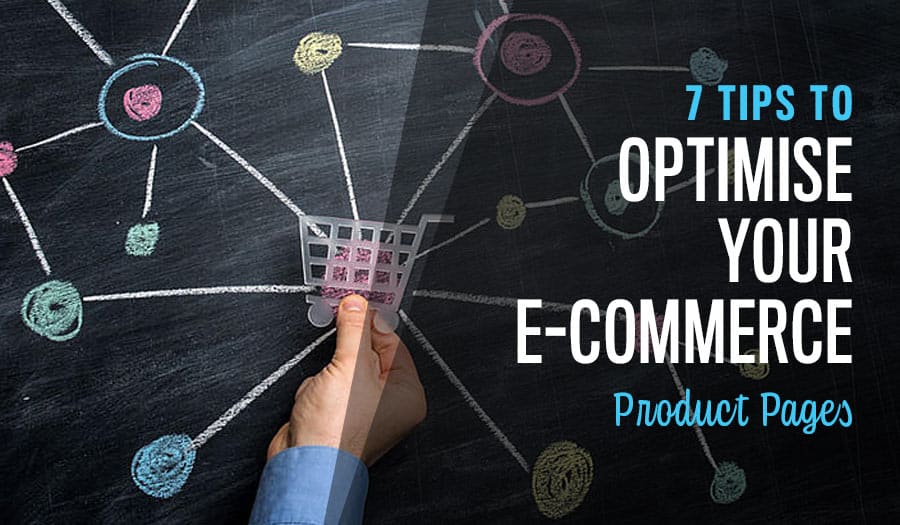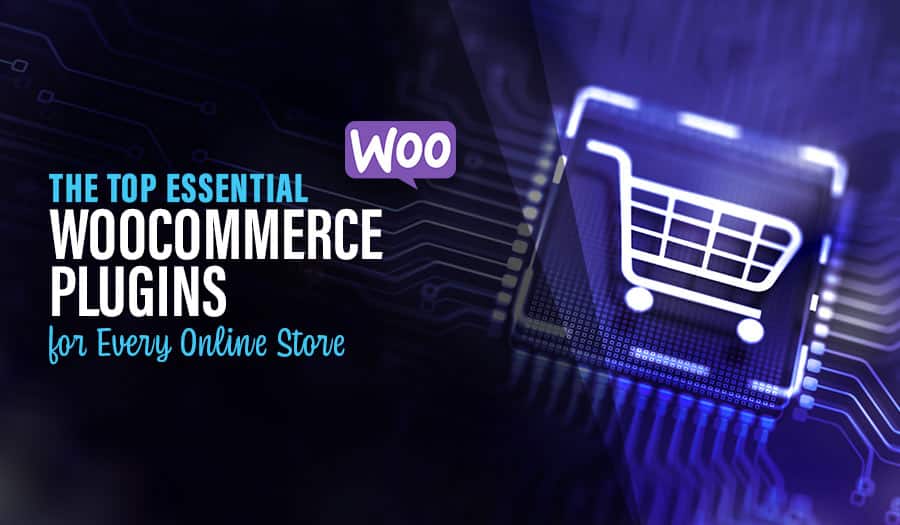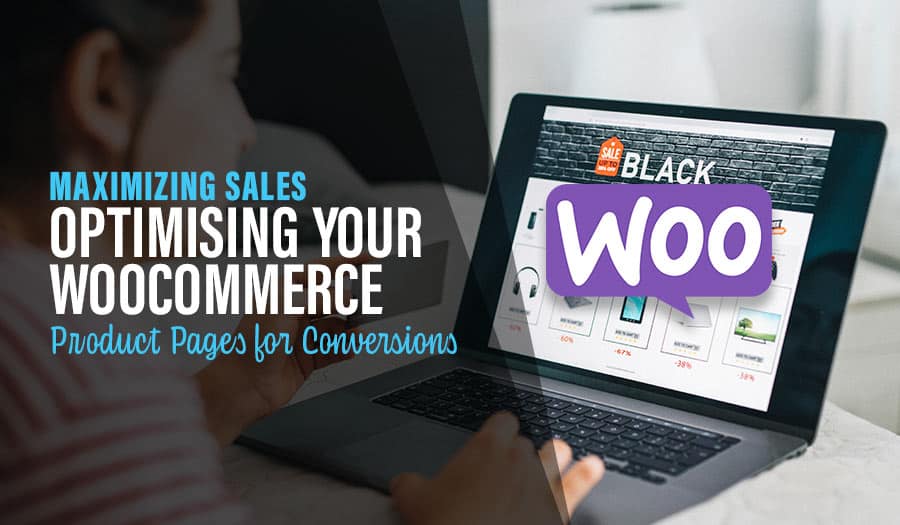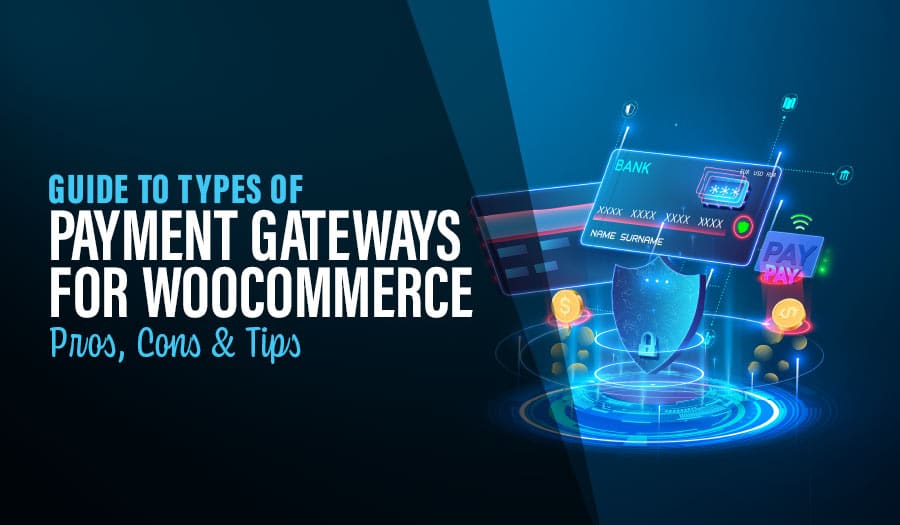In e-commerce, product purchases matter above all. Your business growth depends on not just driving visitors to your website but converting these visitors into customers before they leave your site. But how can you get to that point? Here are 7 tips that help you optimise your product pages for better and most sustainable e-commerce success. Here are 7 Tips to Optimise Your E-Commerce Product Pages.
7 Tips to Optimise Your E-Commerce Product Pages
- Prioritise SEO
- De-Clutter Your Design
- Focus on Visual Elements
- Highlight Social Proof
- Stay Open and Honest
- Offer Related Products
- Make the Conversion Obvious
To get to that point, you have to optimise your product pages. Each product (or service) you sell should have a dedicated page that highlights its benefits and outlines the reasons your audience should purchase it right away.
7 Tips to Optimise Your E-Commerce Product Pages
1. Prioritise SEO
Your product page is a perfect opportunity to drive organic search engine traffic. Find the keywords most closely associated with your product and its benefits, and optimise the entire page for them. Internal optimisation also matters. You need to make sure that if your website has a search function, your visitors will easily find your product pages from anywhere within your online presence.
2. De-Clutter Your Design
For this type of page, it’s tempting to pack in as much information as possible about your product, use cases, and benefits. However, it makes sense to stay away from that tactic to avoid overloading your audience. Instead, focus on a simple design with plenty of whitespaces that highlights only the most compelling argument to purchase.
3. Focus on Visual Elements
Visuals sell – in e-commerce, that statement is more than just a cliche. You can talk about your product as much as you want. But a picture (or, better yet, a video) of the product will be significantly more beneficial in helping your audience imagine themselves with it in hand. Naturally, every product page should have a feature image. But it also makes sense to go beyond that, showing use cases as well as detail shots depending on the exact product offered.
4. Highlight Social Proof
Within the context of e-commerce, social proof is not optional. Your potential customers will depend on the opinion of those who came before them when making a purchase decision. This is your chance to highlight not just testimonials, but also product reviews that express product benefits in your audience’s voice.
5. Stay Open and Honest
Every consumer reads product pages with at least a small grain of salt. They know that this is your opportunity to be as effusive about its benefits as possible. Large, sweeping statements that cannot be backed up are not in your best interest. Instead, be honest, talking about the best ways to use the product, maintenance tips, and more.
6. Offer Related Products
If you’ve got your audience on the hook, why not try to sell them more? Especially if you offer multiple products that are closely related to each other, showing them on each other’s product pages can be a significant advantage. It not only increases the average transaction revenue from your online customers, but also highlights the individual product in a larger context
7. Make the Conversion Obvious
Finally, a word of advice: the clearer your call to action on your product page, the more customer conversions you will receive. A large option to add your product to the shopping cart or proceed to checkout can do wonders in allowing visitors who would jump off after spending too much time looking for that next step to actually convert.
Product pages are perhaps the most important element of any e-commerce website. But too often, they’re neglected, cluttered, or otherwise ineffective. The above tips can help you change that fact, increasing your ability to grow your business.
To learn more about the various nuances your e-commerce website need to account for to grow your business, contact us.
Take your online store business to the next level with a Pixel Fish Ecommerce Website
Check out some of our latest Ecommerce Website Design projects.
Further Information:
Top 10 Tips to Create The Perfect Website Call to Action
Tips for Creating and Marketing a Financial Services Business Website
Top 10 Unbeatable WordPress Website UX Tips for your business
How to Drive Website Traffic with Podcasting for your business
Digital Branding: How to Create a Logo for your Digital Space
Top E-Commerce Shipping Options to Maximise Sales & Reduce Complexity
10 Social Media Publishing Tools To Streamline Your Content Marketing
The 8 Best Free Online Photoshop Alternatives



